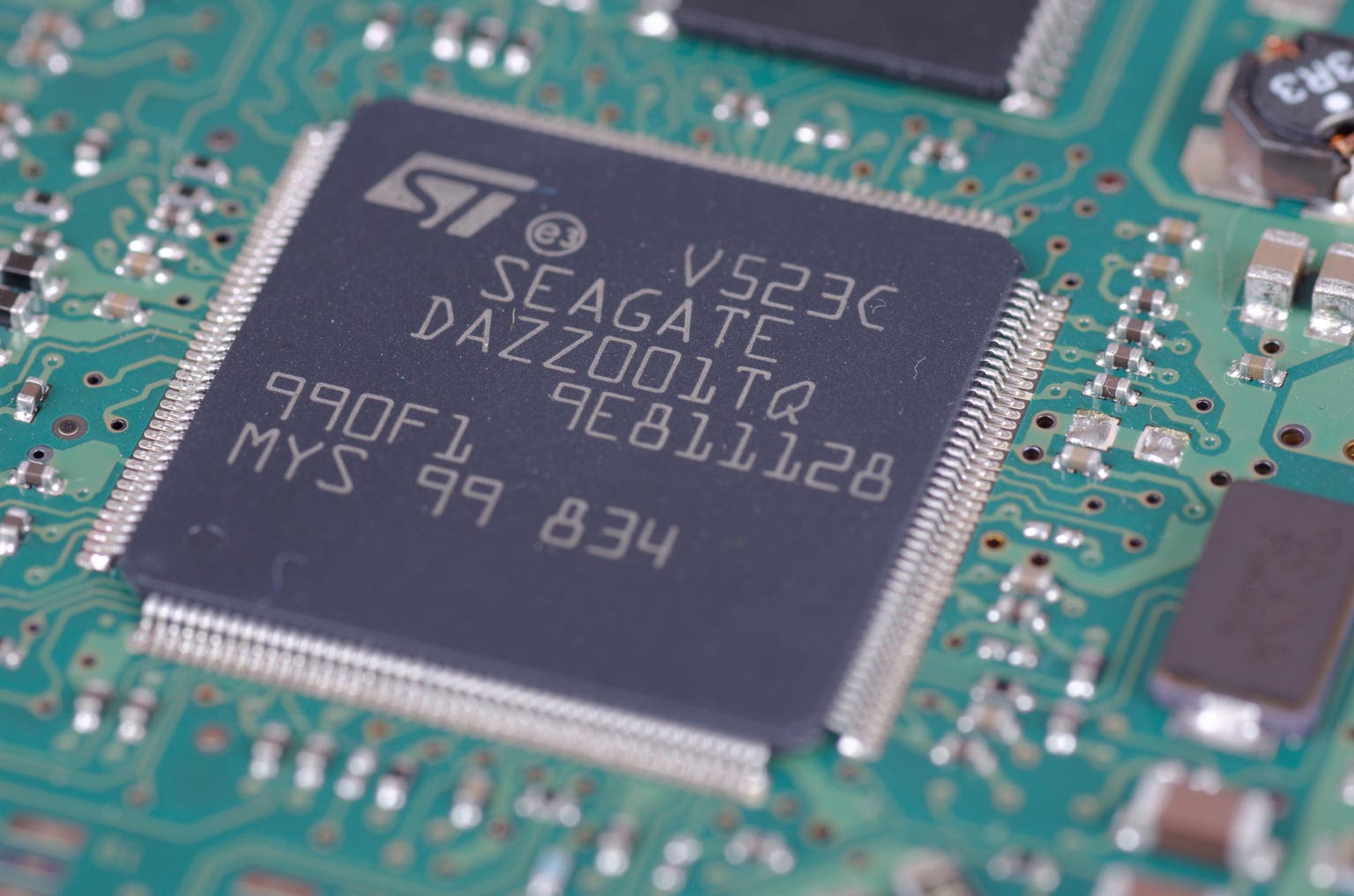Sodium-Ion Batteries: India's Rising Star as China Dominates Lithium-Ion

India's battery technology sector is experiencing a significant shift, with companies increasingly focusing on sodium-ion battery technology. This strategic move comes as China continues to maintain a strong grip on the lithium-ion battery market, and as concerns grow regarding the scarcity and cost of materials crucial to lithium-ion batteries like cobalt, nickel, copper, and lithium.
For years, lithium-ion batteries have been the dominant force in the energy storage landscape, powering everything from smartphones to electric vehicles. However, the reliance on these specific materials presents a considerable challenge. The limited supply and volatile pricing of cobalt, nickel, and lithium create vulnerabilities in the supply chain and drive up production costs. This has prompted a global search for viable alternatives, and India is positioning itself to be a key player in the sodium-ion revolution.
Why Sodium-Ion? Sodium-ion batteries offer a compelling alternative. Sodium is far more abundant than lithium, readily available within India's own resources, reducing reliance on imports and mitigating supply chain risks. This abundance translates to potentially lower production costs, a significant advantage in a price-sensitive market. Furthermore, sodium-ion batteries often exhibit improved safety characteristics, being less prone to thermal runaway (overheating and potential fires) compared to some lithium-ion chemistries. While energy density (the amount of energy stored per unit volume) is currently a challenge for sodium-ion technology, ongoing research and development are rapidly closing the gap.
China's Dominance and India's Opportunity China currently holds a commanding position in the lithium-ion battery manufacturing sector, controlling a large portion of the global supply chain. Their dominance stems from significant investments in battery technology and manufacturing infrastructure over the past decade. However, this dominance also creates a strategic dependency for many countries, including India. By aggressively pursuing sodium-ion technology, India aims to lessen this dependency and establish a more self-reliant and resilient battery ecosystem.
Indian Companies Leading the Charge Several Indian companies are already making significant strides in sodium-ion battery development and production. These companies are investing in research, pilot plants, and partnerships to accelerate the commercialization of this technology. Government support, including incentives and policy frameworks promoting domestic battery manufacturing, is further fueling this growth. Key areas of focus include improving energy density, extending battery lifespan, and developing efficient manufacturing processes.
The Road Ahead While sodium-ion technology is still in its early stages of commercialization compared to lithium-ion, its potential is undeniable. As research continues to refine the technology and address current limitations, sodium-ion batteries are poised to play an increasingly important role in India's energy storage landscape, powering electric vehicles, grid-scale energy storage systems, and a variety of other applications. The shift towards sodium-ion represents not just a technological advancement, but a strategic move to secure India's energy future and reduce reliance on global supply chains.
The success of India's sodium-ion strategy will depend on continued investment in research and development, supportive government policies, and the ability of Indian companies to scale up production and compete effectively in the global market. However, the momentum is building, and India is well-positioned to emerge as a significant player in the next generation of battery technology.





